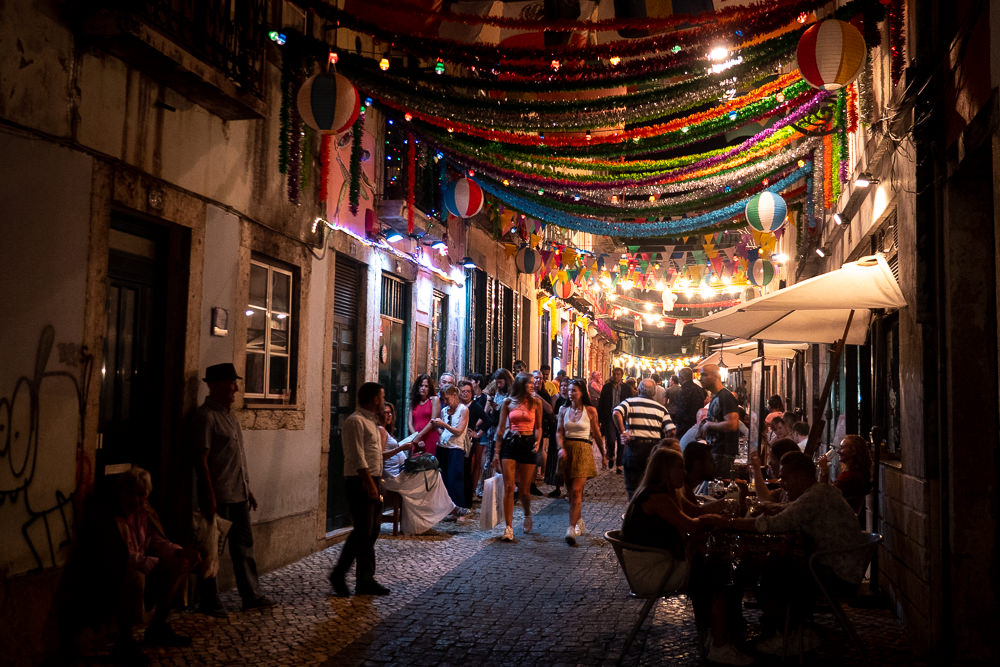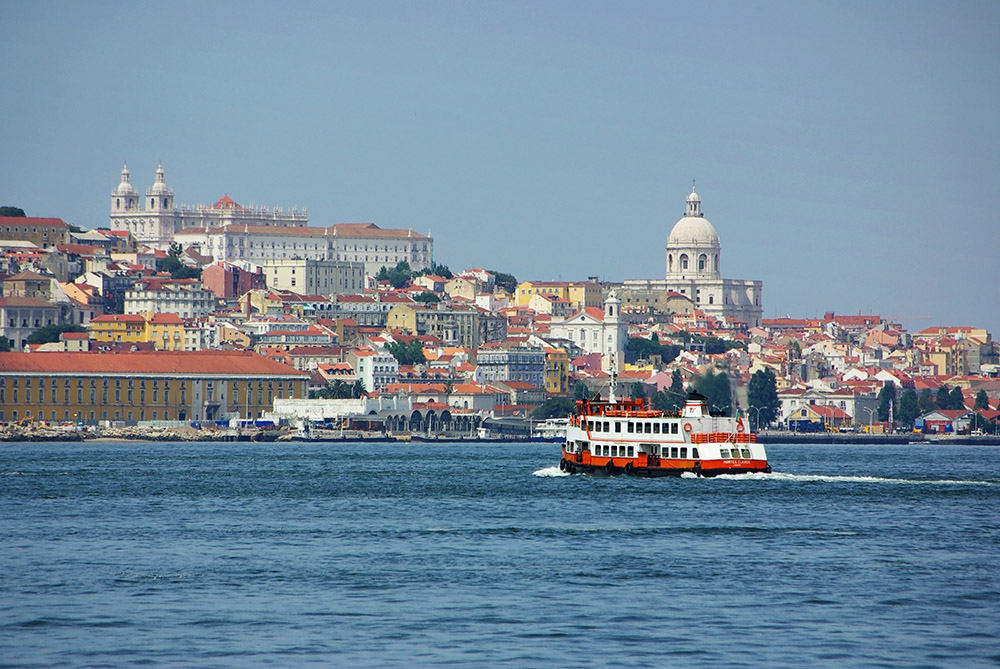Backpacking in Portugal: A Comprehensive Guide
Let me take a wild guess: you’re planning to go backpacking in Portugal. Well, you have come to the right page! Let me also make a wild prediction: I bet you’ll have an incredible trip.
You see, I think Portugal is easily one of the best backpacking destinations in Europe. I’ve been fortunate to travel every corner of this country — and after backpacking Portugal, I even decided to live there.
Top Backpacking Destinations in Portugal
In this guide, I’ve cherry-picked only the top backpacking destinations, leaving out places that are difficult to access or simply not as much fun to do on a backpacking trip.
For example, the interior of Portugal has some interesting off-the-beaten-path places, but most backpackers will already have their hands full just covering the coast, which is also easiest to travel around by public transport.
So, I’ll cover here what I know to be a super fun backpacking circuit, which combines the best of the cities with the stunning Portuguese coastline. Along the way, I’ll also give some survival tips for your trip to Portugal. Let’s go!
Resources for your Portugal trip
- Book bus or train
- Flights to Portugal
- Cheap hostels in Portugal
- Get travel insurance (with discount)
Why go backpacking Portugal

It’s cheap! On a tight budget? Don’t stress. In Portugal, money won’t slip through your fingers nearly as quickly as it does elsewhere in Western Europe. It’s not as cheap as, say, Eastern Europe, but it’s still relatively inexpensive.
To give you an idea: a dorm bed in a hostel will cost about €15 per night. And a basic meal in a local restaurant costs about €7 to €8. Although hipster cafés in Lisbon or tourist bars in the Algarve can be more expensive, the local economy is very cheap compared to Western or Northern European countries.
The hostel scene
If you ask me, Portugal has some of the best hostels in Europe. The hostels just really get what goes into creating a traveler-friendly atmosphere. When I first backpacked Portugal, I made so many friends so quickly because the environment was just right. Keep an eye out for my hostel recommendations throughout this guide.

I should mention that after the pandemic, hostels tried to make up for lost revenues, so some of the Lisbon backpacker hostels started charging up to €50 per night just for a dorm. In 2023, things have fortunately calmed down again, and in the summer high season a dorm bed will cost about €20 – 25 per night. For the lowest prices, visit in the off-season.
Sun & surf
In my travels around the world, I’ve noticed that surfers and backpackers often like the same places. In Portugal, this venn diagram also overlaps quite a bit.
The surfer community in Portugal has given rise to a plethora of funky cafes, hostels, and surf schools in many towns by the sea, which also makes them a haven for backpackers.
You don’t need to be a pro surfer to enjoy the waves; it can be simply an excuse to spend time in the water. I’ve taken lots of classes and can still barely get on the board — and when I do, I’m about as graceful as a dog on a skateboard — yet I still get excited every time I zip on that wetsuit.
The nightlife
If you just want to get shitfaced on cheap caipirinhas, this can also be done. The cities in Portugal are simply great for going out. Better yet, beers can be as cheap as €1, while some student bars serve caipirinhas for as little as €2,50.
The nightlife in Portugal is mostly social and bar-focused. Don’t necessarily go looking for a thumping bass in a dark basement techno club, because this isn’t Berlin. But Lisbon and Porto do have loads of fun bars and — thanks to the year-round great climate — the crowds often spill out into the streets.
Barrio Alto during Popular Saints
In Lisbon, the entire district of Barrio Alto becomes essentially one big street party every night. As the night wears on, the party moves to Cais do Sodré, once a red-light district and now a trendy nightlife area.
If you happen to be in Portugal in June, you have the chance to join the Popular Saints celebrations, which are spread out over many weeks. Each neighborhood will have a street party with colorful bunting, grilled fish, and lots of bad pimba (folksy uptempo music from rural areas of Portugal).
In Porto, these celebrations also involve hitting random people on the head with inflatable hammers. It’s great for releasing some rage and going hammer-to-hammer with the locals.
It’s safe
Inflatable hammer brawls aside, you’re not likely to get into any confrontations in Portugal. It’s one of the safest countries in the world, which makes traveling a mostly worry-free affair — even if you’re backpacking solo or as a woman alone.
By the way, the machismo that women sometimes report when traveling in certain Mediterranean countries is not really a thing in Portugal, so this makes it easier for solo female travelers to feel at ease.
Do keep an eye on your belongings as tourists do become targets of theft sometimes, as anywhere in the world. In Lisbon, feel free to ignore any shady people offering you drugs on the squares frequented by tourists; they are in fact scammers, and not worth talking to unless you are in dire need of some baking powder or oregano.
All things considered, Portugal’s low costs, its epic coastline, the great surfer and hostel scene, and a super fun nightlife make for an ideal backpacking destination.
Portugal backpacking route
There is enough to experience in Portugal to spend months on end and not get bored. But if you’re keen to capture some of the highlights from the north to the south, it’s ideal to have at least 2 or 3 weeks.
If you have just one week or so, consider covering a specific part of Portugal (e.g. Lisbon plus the Algarve). Otherwise, you will spend too much time in transit and not enough time enjoying each place.
It might make sense to start your journey in the north. There are some great cities in the north and the climate is a bit cooler here. You can then end your trip in the south at Portugal’s sunniest beaches.
Here are some of the top destinations, from north to south:
Porto

Discover the northern capital for 2 days. The second-biggest city in Portugal and de facto capital of the north has a unique vibe that’s not to miss…
(continued in next comment)
